Something Destroying ALL our herbs
karenandthomas
14 years ago
Related Stories

PETS5 Finishes Pets and Kids Can’t Destroy — and 5 to Avoid
Save your sanity and your decorating budget by choosing materials and surfaces that can stand up to abuse
Full Story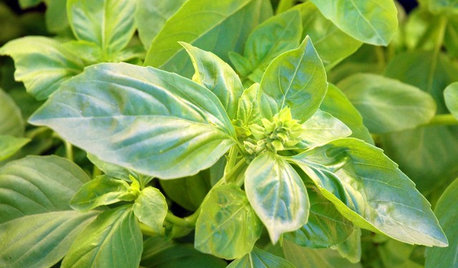
SUMMER GARDENINGHow to Grow Basil
Bright color, quick growth and endless uses for cooking make this summer annual a winner in the garden or a pot
Full Story
KITCHEN DESIGNKitchen of the Week: All-American Style Brightens a Craftsman
Fire destroyed it, but this Portland kitchen came back better than ever thanks to its remodel's focus on light and storage
Full Story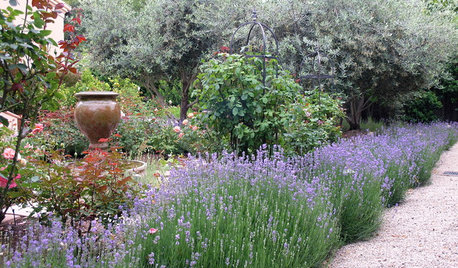
FLOWERSHerb Garden Essentials: Grow Your Own Fragrant Lavender
This do-it-all plant is ideal for almost any garden, and its uses are abundant around the home
Full Story
Indoor Gardening: Herbs and Succulents
Pop easy-care plants in a sunny window for beauty, fragrance and flavor all year
Full Story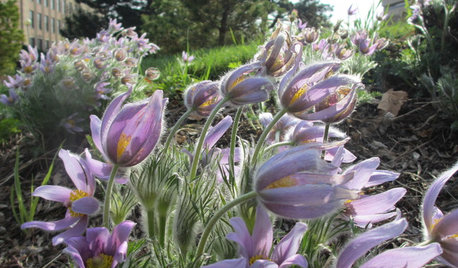
GARDENING GUIDESEvocative Plants to Awaken All the Senses
Slip into a garden wonderland that brings more than mere visual delight, by including these grasses, flowers and herbs
Full Story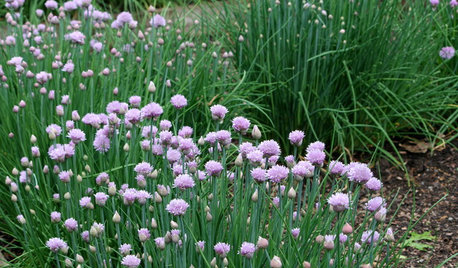
HERBSHerb Garden Essentials: How to Grow Chives
This decorative and delicately flavored herb from the onion family is easy to grow indoors and out
Full Story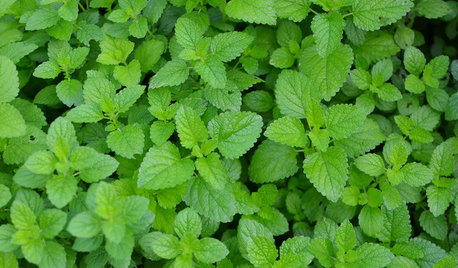
EDIBLE GARDENS12 Essential Herbs for Your Edible Garden
Make home cooking and drinks even better with herbs plucked from your own backyard or windowsill pot
Full Story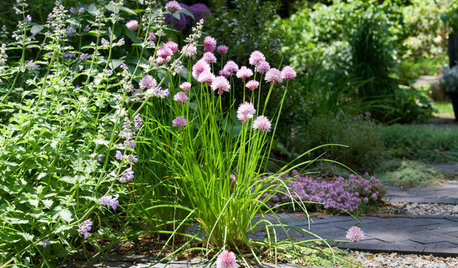
EDIBLE GARDENS8 Surefire Vegetables and Herbs for Beginning Gardeners
Learn the edible plants that are popular and easy to grow in a backyard or container garden
Full Story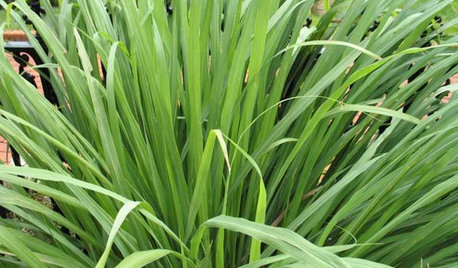
HERBSHerb Garden Essentials: Grow Your Own Zesty Lemongrass
Add lemony goodness to cooking and tropical flavor to your yard with this grass-like herb native to Southeast Asia
Full Story


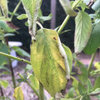
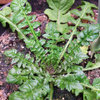
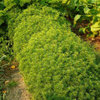
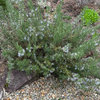
rhizo_1 (North AL) zone 7
CA Kate z9
Related Discussions
Something destroyed my squash plant!
Q
Something has destroyed my garden
Q
weird insects destroying my herbs
Q
Can anyone identify what's destroying my herbs?
Q
ksrogers
eibren
shapiro
ksrogers
eibren
ksrogers
eibren
ksrogers
eibren
fatamorgana2121
ksrogers
karenandthomasOriginal Author
CA Kate z9
ksrogers
maifleur01
ksrogers
karenandthomasOriginal Author
ksrogers
simplemary
novice_2009
eibren
ksrogers